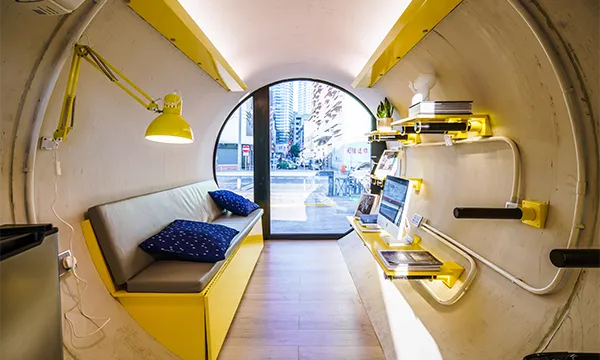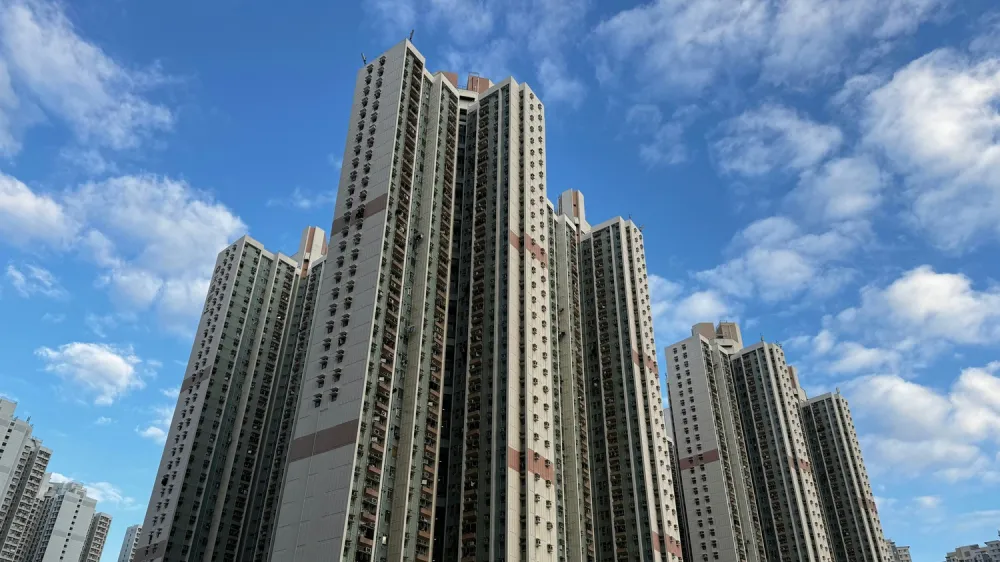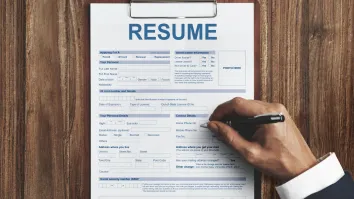
Why property ownership is a pipe dream
Hong Kong's expensive housing market has bred an unconventional low-cost housing alternative.
When James Law stumbled upon some leftover concrete water pipes lying around in a construction site, he noticed that the pipes were big enough to contain a living space. This fueled the idea of building a new type of low cost housing that is quick and cheap to build, would charge less per month, and therefore quite suited for young Hong Kongers grappling with the city’s skyrocketing rents. Law spent a month bringing his concept to life, overcoming challenges like figuring out how to ship concrete pipes to Hong Kong and finding a working area to do the prototype fitouts and modifications, but he eventually produced the first OPod Tube House in 2017.
Also read: Home ownership plunges below 50% in 2017 as prices skyrocket
“We are at a very early stage of public consultation about OPod in Hong Kong. It is so different and innovative that there is no precedence. So far we have had very favourable response from the public. We have received enquiries to purchase or collaborate with OPod from around the world,” said Law.
Constructed from readily available 8-feet diameter concrete pipes, the OPod is tiny at 100 sq. ft. but it can pack in most of living essentials, including a couch, a bed,, a desk, some storage for clothes and other items, a kitchenette, and even a shower. A smart layout and use of space-saving furniture houses all of these inside the OPod, making it comfortable for possibly even up to two dwellers.

The concrete material provides additional economic advantages through reduced cooling and heating needs, as well as ensures durability. One of the proposals is to stack the OPods to form a low-rise building, and eventually nurture a community within the connected OPods.
In the next few years, Law plans to rent out OPods to young people who find it difficult to afford a place in Hong Kong and other cities through a renting-investing arrangement. He reckoned that occupiers will pay as little as HK$3000 per month to live in the OPods, of which HK$2000 be allotted each month for investment. When the renters leave the Opod, the invested money is returned to them “so that they have some savings to take the next stage of their life.”
In January, Hong Kong was named the least affordable housing market for the eighth consecutive year, with the median price of a home in Hong Kong becoming 19.4 times the median annual pre-tax household income, up from 18.1 times in the previous year’s study, of urban planning policy consultancy Demographia.
“Micro flats are the by-product of the immensely high costs of living in Hong Kong. The demand for them is really a result of people not able to afford more sizeable homes,” said Law. “OPod is planned to become a global social enterprise that helps young people have a home and a support to start their life.”



















 Advertise
Advertise






